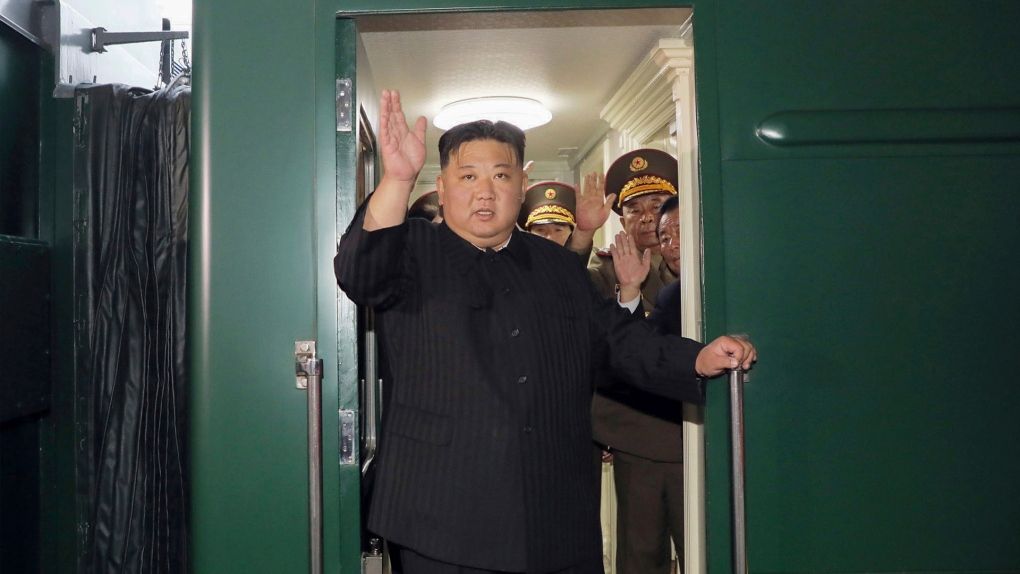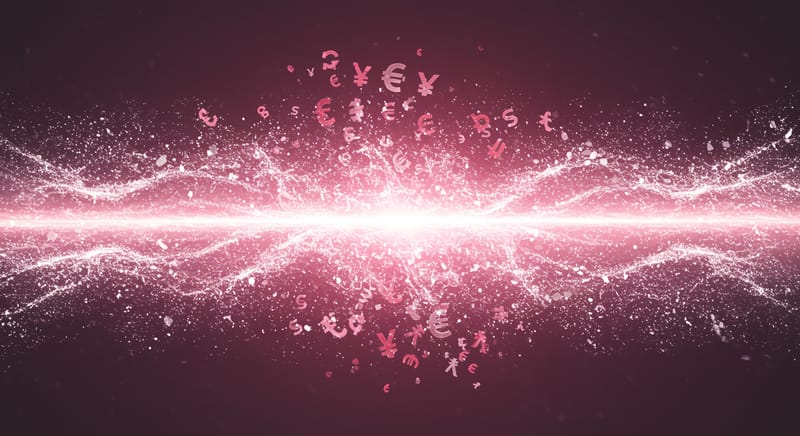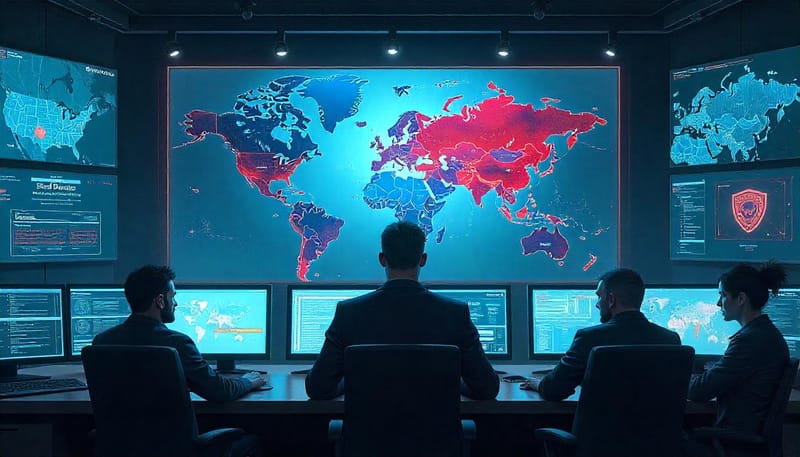Kim Jong-un's Intriguing Arrival in Russia: Implications of the Rare Summit with Putin
Marking an unprecedented diplomatic gesture, North Korean leader Kim Jong-un has arrived in Russia, signaling potential shifts in the geopolitical landscape. This journey, his first overseas venture in 4 and a half years and notably since the COVID-19 pandemic began, has been the epicenter of global attention. The North Korean

Marking an unprecedented diplomatic gesture, North Korean leader Kim Jong-un has arrived in Russia, signaling potential shifts in the geopolitical landscape. This journey, his first overseas venture in 4 and a half years and notably since the COVID-19 pandemic began, has been the epicenter of global attention.
The North Korean official Korean Central News Agency (KCNA) confirmed Kim's departure from Pyongyang for Russia on his iconic train. Among his entourage were influential figures from North Korea's ruling party and its military hierarchy.
By early Tuesday, South Korea's defense ministry spokesperson, Jeon Ha-kyou, acknowledged Kim's entry into Russian territory. The visit, initially wrapped in layers of diplomatic protocol, quickly unveiled its strategic undertones. The presence of an extensive military delegation accompanying Kim fueled speculations of potential arms trade discussions between North Korea and Russia.
The train's journey was tracked meticulously. After crossing the border at Khasan, it made its way toward the Far Eastern city of Ussuriysk, as reported by the Russian media outlet "Vesti Primorye". By the dawn of Tuesday, it had comfortably settled in the Primorsky Krai region.
Photographic documentation from the North's state media featured Kim accompanied by Pyongyang's Foreign Minister Choe Son-hui and prominent military officials Ri Pyong-chol and Pak Jong-chon.
Details about the location and schedule of the summit with Russian President Vladimir Putin remain under wraps. Yet, there's considerable buzz around Vladivostok, given Kim's previous visit in 2019, as the potential meeting point. Concurrent reports indicate Kim's train advancing north after crossing the Razdolnaya River in the Primorsky Krai, hinting at possible detours before reaching Vladivostok.
The global ramifications of this visit are palpable. With North Korea's drive to reinforce its military ties with Russia amidst growing security cooperation between South Korea, the US, and Japan, the meeting could redefine global alignments.
The New York Times had previously speculated on the nature of discussions, suggesting that Russia's war in Ukraine and potential arms supply could be on the agenda.
In the light of these speculations, the U.S. has already voiced its apprehensions, urging North Korea to abstain from arms transactions with Russia. Adrienne Watson of the White House National Security Council emphasized the potential continuation of arms deal talks during the summit, reiterating U.S. concerns.
The global stage is set, with all eyes on the unfolding chapters of this significant Kim-Putin rendezvous.




